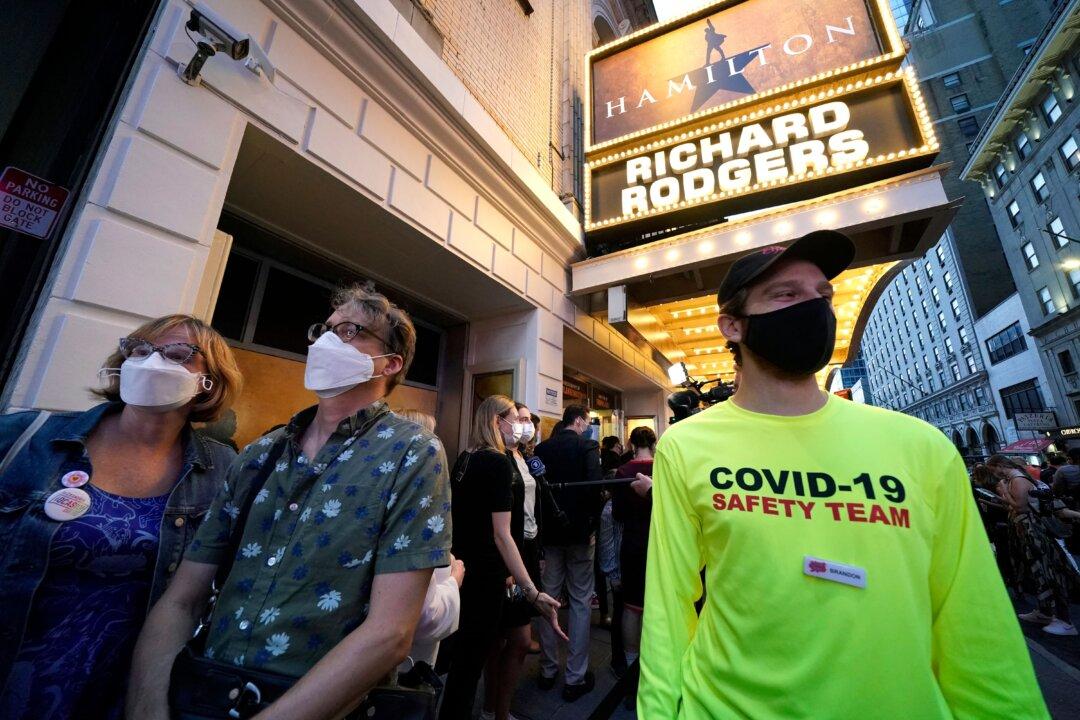The effectiveness of the three COVID-19 vaccines dropped significantly over the course of 10 weeks this summer when the Delta variant exploded to become the dominant strain of the CCP virus, according to a preprint study (pdf).
Scientists from the New York State Department of Health and the University at Albany School of Public Health studied the vaccination, testing, and hospitalization records of more than 8.8 million New Yorkers for the period between May 1 and July 10 this summer.





